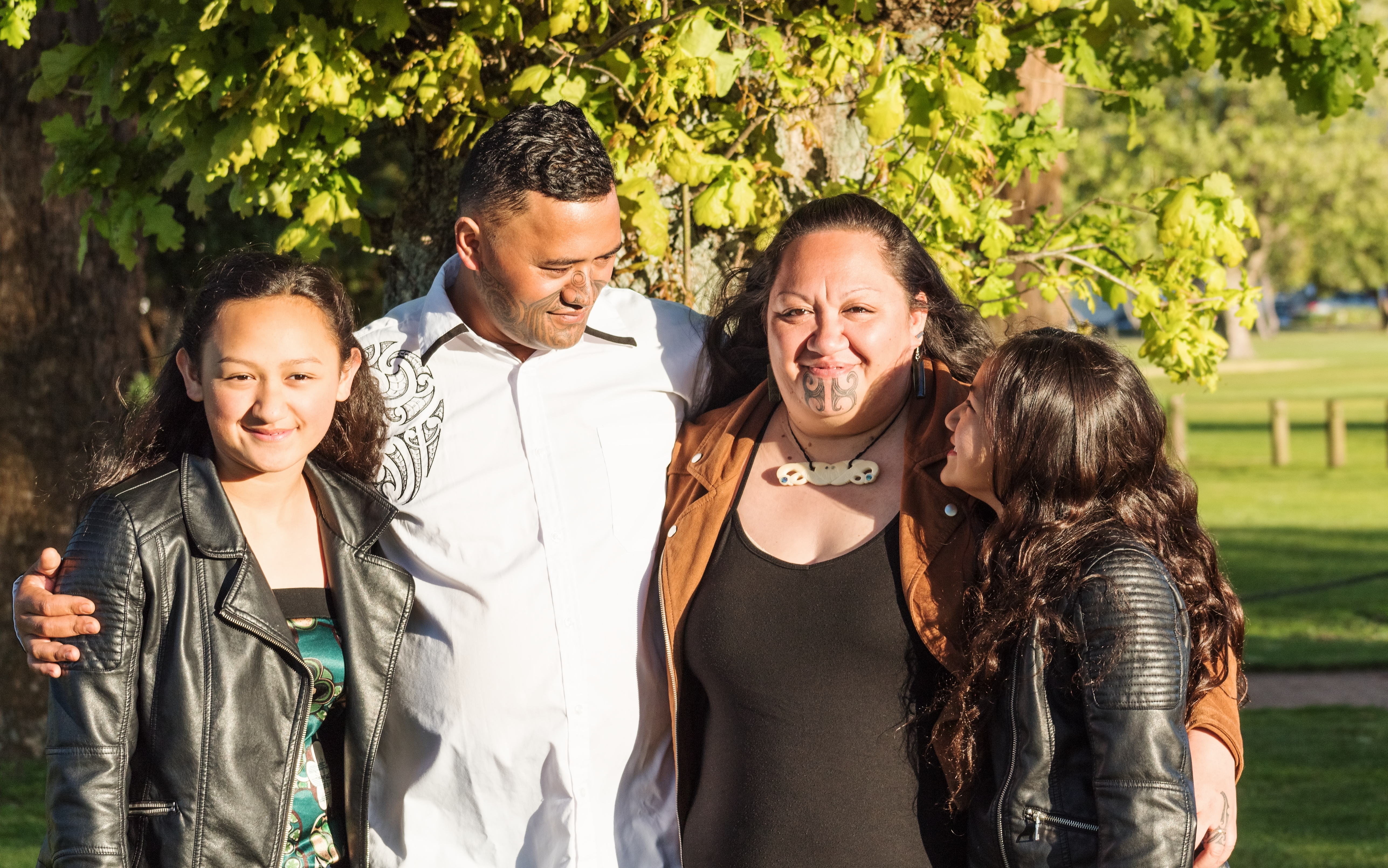News release
From:
Expert Reaction
These comments have been collated by the Science Media Centre to provide a variety of expert perspectives on this issue. Feel free to use these quotes in your stories. Views expressed are the personal opinions of the experts named. They do not represent the views of the SMC or any other organisation unless specifically stated.
Associate Professor Rhys Jones is in Te Kupenga Hauora Maori, at the University of Auckland.
This is an important study, although in a just and humane society it would be largely unnecessary. That is because health inequities are immoral and their existence should be viewed as intolerable. Social justice and human rights arguments should be enough to elicit societal action to eliminate inequities. We should not need economic analyses or a ‘business case’ to justify action to progress health equity. And yet, the existence of longstanding health inequities shows that they are viewed as tolerable. We do not live in a just or humane society, as evidenced by the ongoing denial of the right to health for Māori.
In that context, this study helps to quantify the economic implications of health inequities for policy and decision-makers. The figure of $863 million per year is highly conservative and is likely to significantly underestimate the true cost to society of maintaining health inequities. This highlights the way structural inequity affects not only Māori, but also society as a whole. As American epidemiologist and anti-racism scholar Camara Jones said, “Racism is a system of structuring opportunity and assigning value… that unfairly disadvantages some individuals and communities; unfairly advantages other individuals and communities; and saps the strength of the whole society through the wasting of human resources.” This study reminds us that health inequities, one manifestation of structural racism, constitute a burden on society and result in a significant loss of human potential.
Another key message from the study is that the costs of health inequities are disproportionately borne by Māori. In fact, in certain settings the net impact for the public health system is a financial saving. For example, in primary care millions of dollars are saved every year by underservicing Māori, with the costs effectively passed on to Māori whānau and communities. This represents an unconscionable breach of human rights and a dereliction of duty by the New Zealand health system.
Dr Sarah-Jane Paine is a Senior Lecturer in the Faculty of Medical and Health Sciences, Te Kupenga Hauora Māori at the University of Auckland.
There was no estimate of the cost of adult Indigenous health inequities before this study. This study builds upon earlier work which found Indigenous child health inequities results in cost savings to the health sector and significant societal costs.
This highly conservative estimate not only shows that maintaining health inequities is costly, but provides a stark indication of who bears these costs. The study found health inequities for Māori adults cost $863 million each year, including $823.4 million per year from lost years of life and lost wages, mostly borne directly by Māori whānau. The costs include $66 million per year in excess avoidable hospitalisations, and we also found savings of $49 million per year in under-utilisation of primary care, and savings to the government of $26 million per year in lower access to ACC.
These figures are all likely to be an underestimate, because they only considered some types of costs, and did not assess whether Māori had higher health needs.
This study adds further weight to human rights and social justice arguments for addressing health inequities, and helps quantify the 'cost of doing nothing' for policy and decision-makers. It documents a clear breach of Indigenous rights.
This study also highlights that some parts of the health sector have no financial incentives to rectify Indigenous inequities in utilisation, for example primary care. Ultimately, the net impact for the government health sector is that it saves millions per year in underservicing Māori, even when excess hospitalisations are taken into account.
Professor Rhema Vaithianathan is in the School of Social Sciences and Public Policy at the Auckland University of Technology.
The study is important in that it quantifies who benefits from under-serving Maori in the health system. The most concerning finding is that Primary Care system actually saves money by under-serving Maori. This saving is equal to $49m per year. Not surprisingly, the under-serving in primary care has a flow on effect in the hospital sector where Māori have excessive rates of avoidable admissions.
The ongoing problem in NZ has been, in my opinion, that whilst the DHBs and now Te Whatu Ora own hospitals, they don’t own primary care, which is and always has been privately owned. Under a capitation system, the business case for primary care to reduce inequity in the health system is simply not there. Perhaps its time to review the way that primary care is funded – through a higher mix of fee for service where GPs serve hard to reach patients.
Associate Professor Jacquie Kidd is in the School of Clinical Sciences at AUT.
This is a hugely important piece of work that provides another piece of the picture of the consequences of health inequities for Māori. We have known for a long time that whānau feel a significant financial burden when a loved one is unwell and needs awhi and manaaki, as well as the costs associated with accessing care and treatment. This is in addition to the more tangible results such as the loss of work, and either premature retirement or early death. Understanding the dollar cost of such health inequities is vital to holding the health care sector accountable for generations of inaction. We should prioritise further research of this type so we can measure progress in our health equity efforts.



 New Zealand
New Zealand


